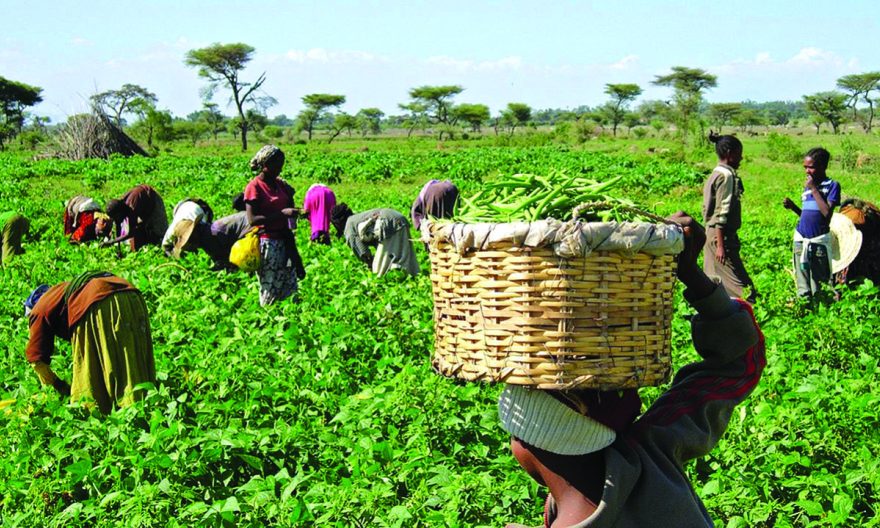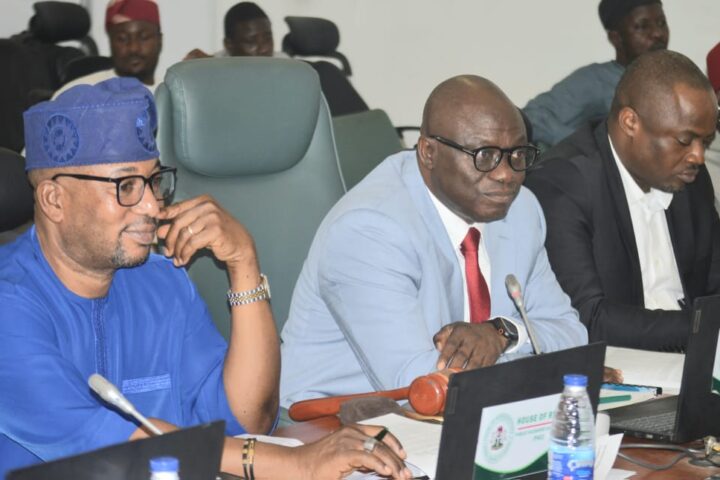
The Advocates of Social Justice for All (ASJA) has lauded the strategic partnership between the Central Bank of Nigeria and the Rice Farmers Association of Nigeria under the Anchor Borrowers Programme of the Federal Government.
It said the partnership has increased rice and other cereals production in the country,according to a statement by Felix Adadu, its Executive Director.
He expressed confidence in the President Muhammadu Buhari administration and the laudable initiatives of the CBN Governor, Godwin Emefiele, which,he said, has helped to strengthen the economy and the well-being of ordinary citizens of the country.
He added that:”The strategic partnership between the Central Bank of Nigeria and the Rice Farmers Association of Nigeria under the Anchor Borrowers Programme of the federal government is ingenious and potentials to increase rice and other cereals in the country” .
According to him,the intervention of the CBN is gradually returning Nigeria to the era of the rice pyramid, creating jobs and stimulating the economy.
He said the provision and sale of rice paddy at subsidized rates to farmers across the country is another indication that the CBN has positioned itself as a contributor to sustainable growth and development in the country.
He emphasized the need for stakeholders in the agricultural sector to see the Central Bank of Nigeria as a worthy partner in the government’s efforts towards harnessing its agricultural potentials towards food security and sufficiency.






















